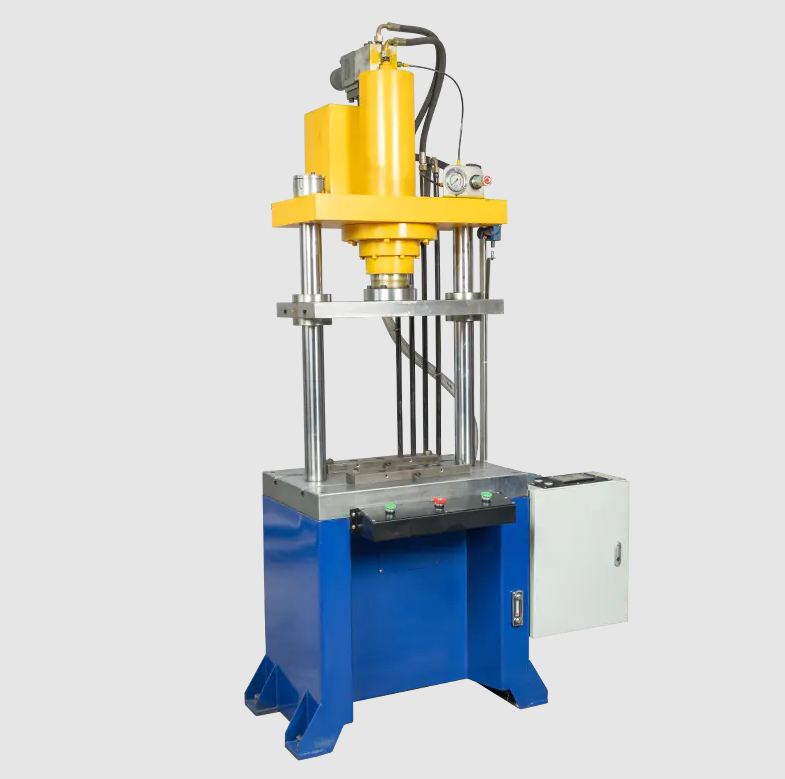Data Security of Automated Systems Under Power Instability

Power Fluctuation Challenges in Industrial Automation
In modern production facilities, Automation Machinery And Equipment must operate reliably even when external conditions are unpredictable. Voltage fluctuations and momentary power failures are common issues in both urban and industrial power networks. These events can interrupt control logic, disrupt communication between components, and pose threats to the integrity of operational data. For sectors that depend on precise timing, continuous monitoring, and consistent actuation—such as electronics production, food processing, and high-speed packaging—data loss can lead to product defects, unscheduled downtime, and safety risks. As automation expands in scale and complexity, maintaining data accuracy during power disturbances becomes a top concern.
Built-In Safeguards for Data Preservation
To counteract these challenges, high-quality automated systems incorporate several layers of data-protection strategies. One widely used technology is the uninterruptible power supply (UPS) integrated into critical control modules. When voltage drops occur, the UPS provides short-term backup power, allowing controllers to safely store running parameters, communication logs, and machine states. Additionally, many systems utilize capacitor-based power-hold architectures, which supply enough residual energy for memory chips and processors to complete data-write operations before shutting down. This prevents incomplete records or corrupted instructions that could affect restart accuracy.
Non-volatile memory also plays a major role. Control units commonly employ industrial-grade flash memory or FRAM, which can retain data even when external power is completely removed. By writing essential parameters at regular intervals or event triggers, the system ensures that critical information—such as cycle counts, temperature histories, fault codes, actuator positions, or recipe settings—remains intact through power interruptions.
Smart Control Algorithms for State Recovery
Beyond hardware measures, advanced control software contributes significantly to data integrity. Many systems implement “checkpointing,” in which operational states are periodically saved. Upon restoration of power, the machine can reload its last stable state and resume processes with minimal deviation. Some systems also use predictive logic to determine safe stopping points during voltage declines, ensuring actuators return to neutral or locked positions before total shutdown.
Furthermore, communication protocols such as Modbus TCP, EtherCAT, and Profinet maintain synchronizable logs that help restore networked equipment to consistent states. This coordinated recovery prevents process mismatches and ensures that multi-machine lines continue operating smoothly after power returns.
Energy Efficiency Advantages Over Traditional Equipment
Besides ensuring data completeness, modern automated systems also offer clear energy-saving advantages compared with older or manually operated equipment. Their high-precision motor control, intelligent load distribution, and sensor-driven optimization allow them to reduce wasted motion and unnecessary power consumption. For example, variable-frequency drives adjust motor output according to real-time load, minimizing energy draw during low-demand periods. Smart standby modes reduce idle-state consumption by shutting down noncritical modules when not needed.
Automation systems additionally use advanced materials and refined mechanical designs to decrease frictional losses and improve transmission efficiency. Integrated monitoring tools detect inefficiencies early, prompting maintenance actions that prevent energy-intensive failures. Collectively, these features produce lower operating costs, reduced heat generation, and a more sustainable production environment.
In environments where voltage instability is a frequent concern, Automation Machinery and Equipment is engineered with robust safeguards to maintain data integrity and operational continuity. Combining backup power solutions, stable memory technologies, advanced control logic, and energy-optimized hardware, these systems outperform traditional machines in both stability and efficiency. Their ability to protect data while minimizing power consumption makes them indispensable for modern industrial operations.
- Art
- Causes
- Crafts
- Dance
- Drinks
- Film
- Fitness
- Food
- Giochi
- Gardening
- Health
- Home
- Literature
- Music
- Networking
- Altre informazioni
- Party
- Religion
- Shopping
- Sports
- Theater
- Wellness
